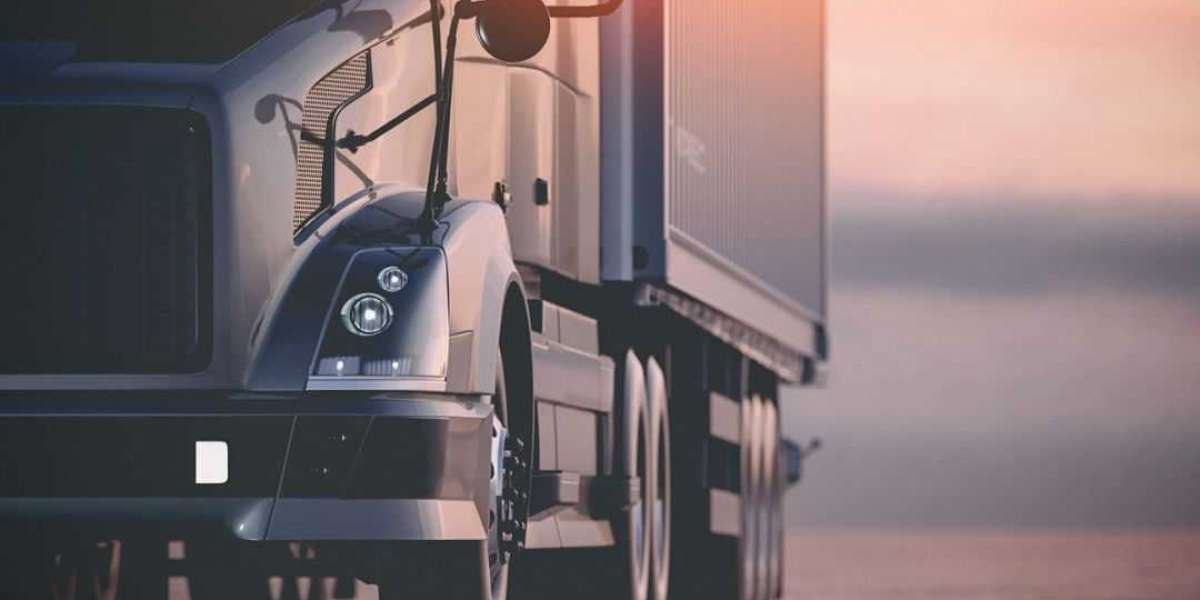Are you an owner operator? If so, you know that there are a lot of financial challenges that come with the territory. From maintenance and repairs to fuel costs and more, it can be hard to keep your head above water. In this blog post, we will explore some of the most common financial challenges faced by owner operators. We will also offer some tips on how to overcome them. So if you're struggling to keep your business afloat, read on for some helpful advice.
The high cost of fuel
The high cost of fuel is one of the biggest financial challenges facing owner operators. The price of diesel has risen sharply in recent years, and shows no signs of coming down anytime soon. This puts a big strain on booker budgets, as fuel is one of their largest expenses.
There are a few things that owner operators can do to try and reduce their fuel costs. One is to shop around for the best prices on fuel. Another is to use fuel-saving strategies, such as idling less and planning routes carefully. However, even with these measures, the high cost of fuel remains a major financial challenge for many owner operators.
The cost of maintenance and repairs
As an owner operator, you are responsible for the upkeep and maintenance of your truck. This can be a significant financial burden, as repairs and maintenance can be costly.
You may need to budget for things like tire changes, oil changes, and engine repairs. If your truck is involved in an accident, the repairs can be even more expensive. It is important to have a good understanding of the cost of maintenance and repairs before becoming an independent truck driver, so that you can plan accordingly.
The cost of insurance
There are a number of financial challenges that come with being an owner operator. One of the biggest is the cost of insurance.
Owner operators are required to have a number of different types of insurance, including liability, cargo, and workers' compensation insurance. The cost of these policies can add up quickly, and it can be difficult to find affordable coverage.
One way to save on the cost of insurance is to shop around and compare rates from different insurers. Another is to make sure you have the proper coverage for your business. You don't want to be under-insured and risk having to pay out of pocket if something goes wrong.
The cost of insurance is one of the many financial challenges that come with being an owner operator. But by shopping around and getting the right coverage, you can help mitigate some of the risks associated with running your own business.
The cost of licenses and permits
Most owner-operators are small business owners, which means they have to bear the brunt of all the associated costs. This includes the cost of licenses and permits, which can be very expensive depending on the type of business you're in and where you're located.
In addition to the initial cost of licenses and permits, there are also ongoing costs associated with renewing them. These costs can add up quickly, and can be a major financial burden for owner-operators.
There are a few ways to try to offset the cost of licenses and permits. One is to shop around and compare prices from different vendors. Another is to look for discounts or other offers that may be available. However, even with these strategies, the costs can still be quite high.
If you're an owner-operator, it's important to be aware of the potential financial challenges you may face when it comes to licenses and permits. By understanding the costs involved, you can better plan for them and ensure that your business remains financially viable in the long run.
The cost of living expenses
One of the biggest financial challenges of being an owner operator is the high cost of living expenses. Many owner operators are forced to live on a tight budget in order to make ends meet. This can be a challenge when unexpected expenses arise or when the cost of living goes up.
There are a few ways to help manage the cost of living expenses as an owner operator. First, try to live below your means and save as much money as possible. Second, create a budget and stick to it as much as possible. Third, consider getting creative with your housing situation. For example, you could live in an RV or rent out a room in your house to help offset some of the costs.
If you are struggling to manage the cost of living expenses as an owner operator, there are a few resources that can help. The Small Business Administration has a number of programs that can assist with financing and other challenges faced by small businesses. There are also many private organizations that offer grants and loans to small business owners.
How to save money as an owner operator
As an owner operator, you are in control of your own finances. This means that you need to be extra careful with your money and make sure that you are not spending more than you can afford. Here are some tips on how to save money as an owner operator:
- Keep track of your expenses. Knowing where your money is going is the first step to saving money. Track all of your expenses, both business and personal, so that you can see where you can cut back.
- Make a budget and stick to it. Once you know where your money is going, you can start to make a budget. Be realistic with your budget and make sure that you stick to it.
- Find ways to save on fuel costs. Fuel is one of the biggest expenses for an owner operator, so finding ways to save on fuel costs can go a long way in saving money. Try carpooling when possible or using fuel-efficient vehicles when possible.
- Reduce other operating costs. There are many other operating costs associated with being an owner operator, such as maintenance, insurance, and licenses/permits. Look for ways to reduce these costs where possible so that you can save money overall.
- Save up for unexpected expenses. As an owner operator, you need to be prepared for unexpected expenses, such as repairs or accidents. Start putting away some money each month into a savings account so that you have the funds available when
Conclusion
As an owner operator, you will face a number of financial challenges. However, if you are prepared and have a solid business plan, you can overcome these challenges and be successful. Be sure to consult with a financial advisor to get the most accurate information and advice for your situation. With careful planning and execution, you can reach your goals and achieve success as an owner operator.



